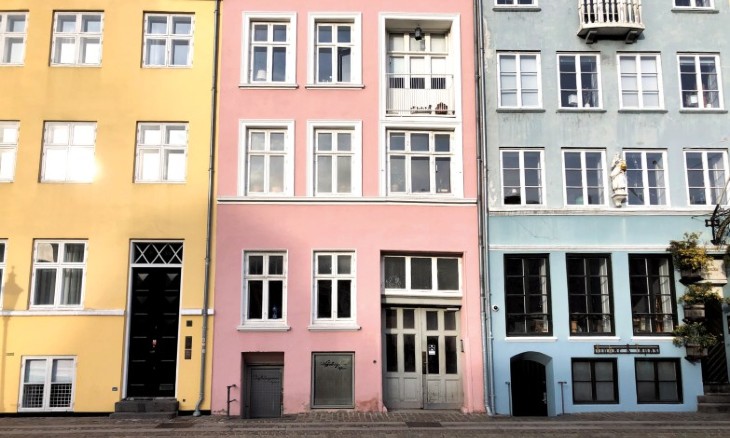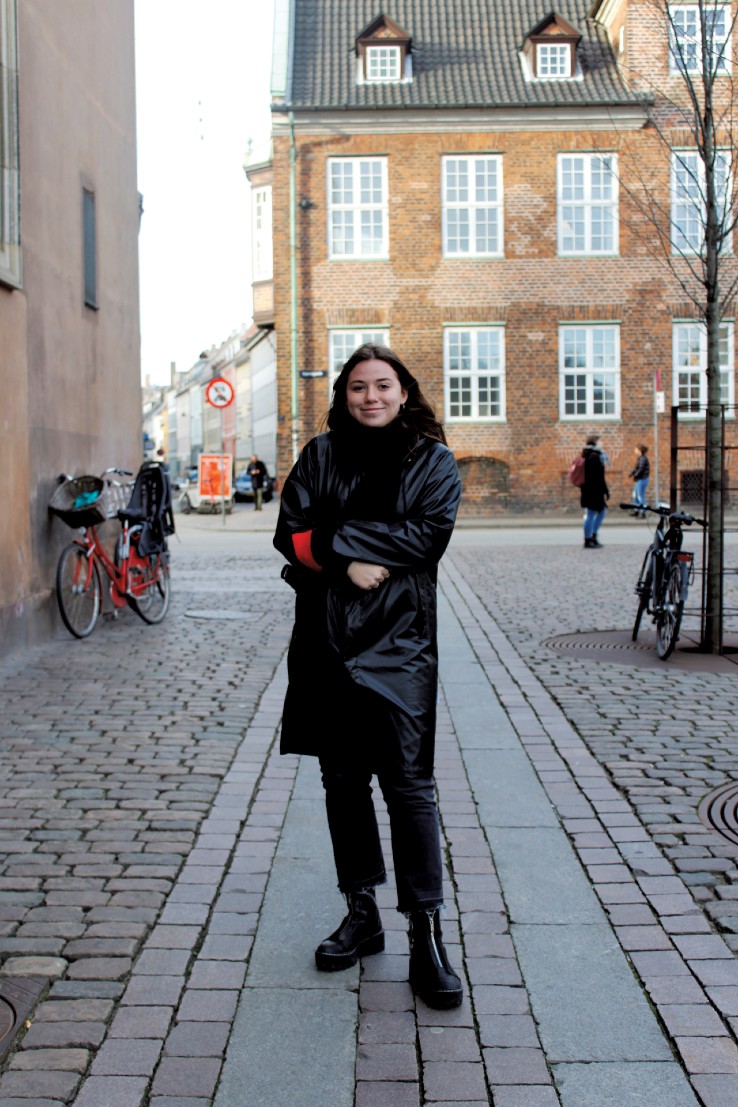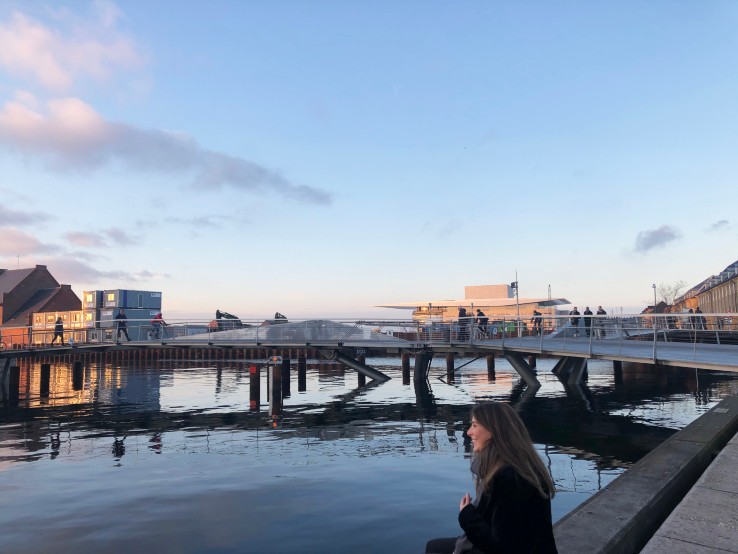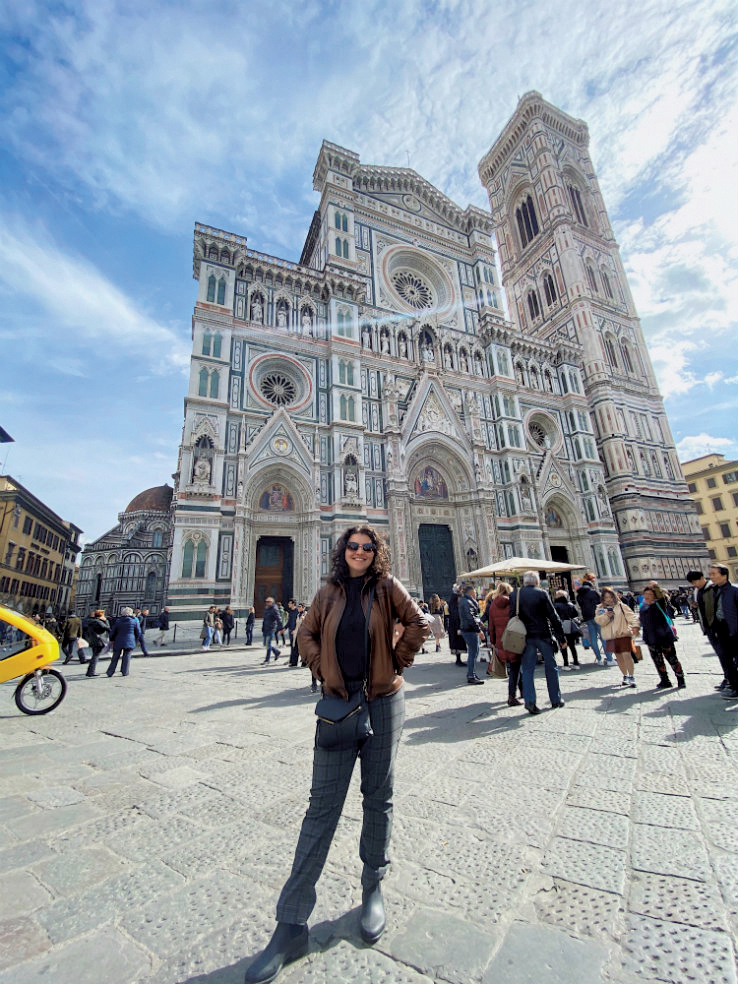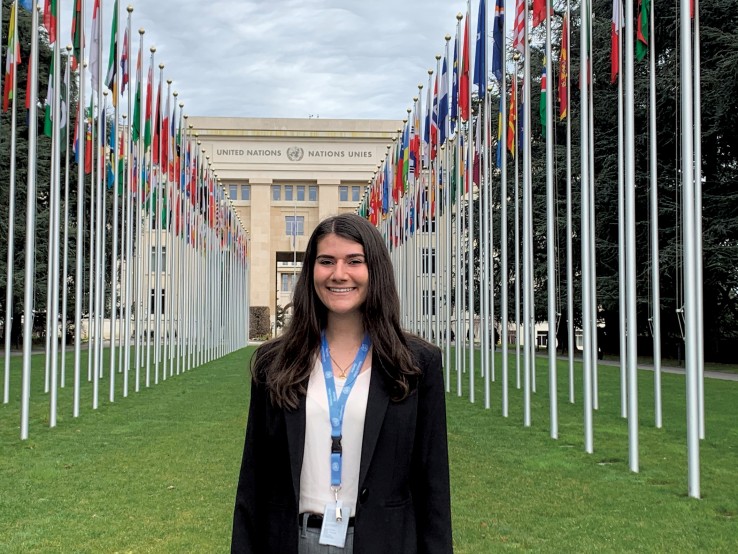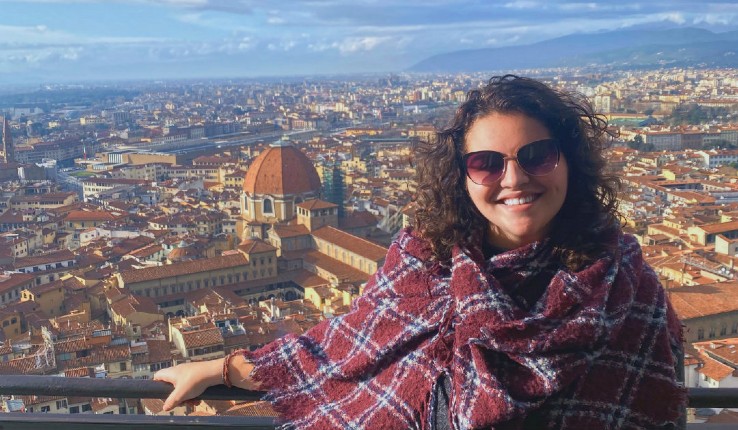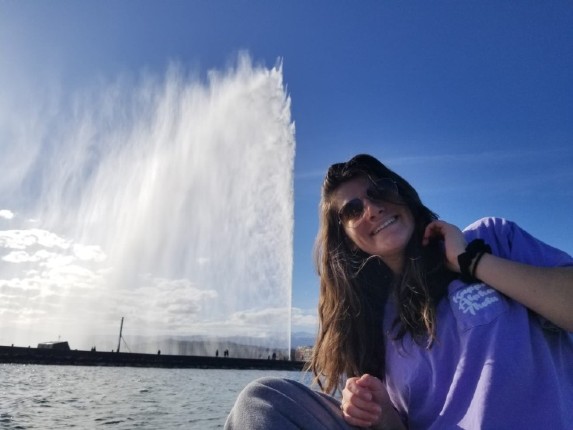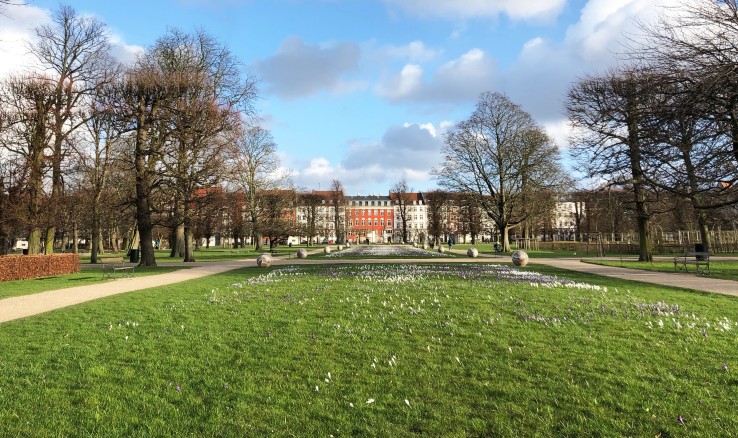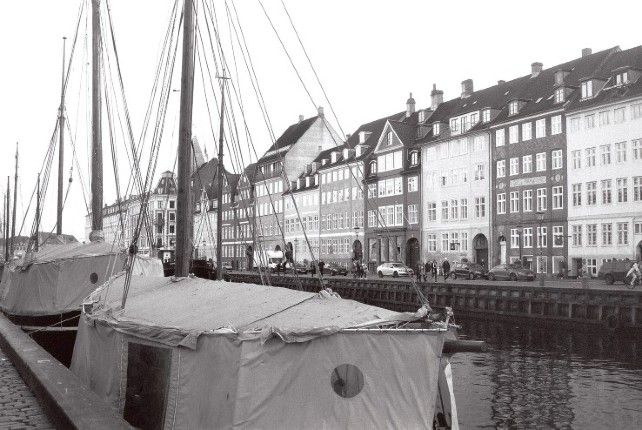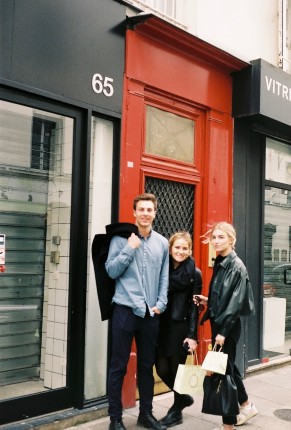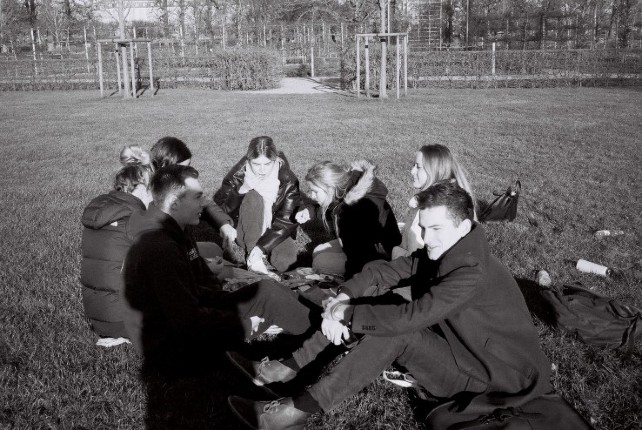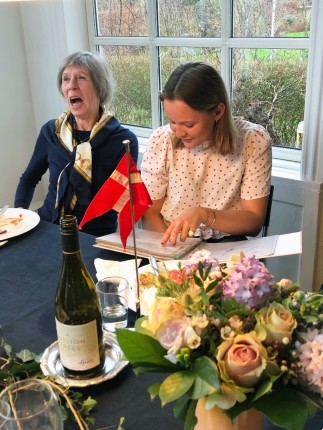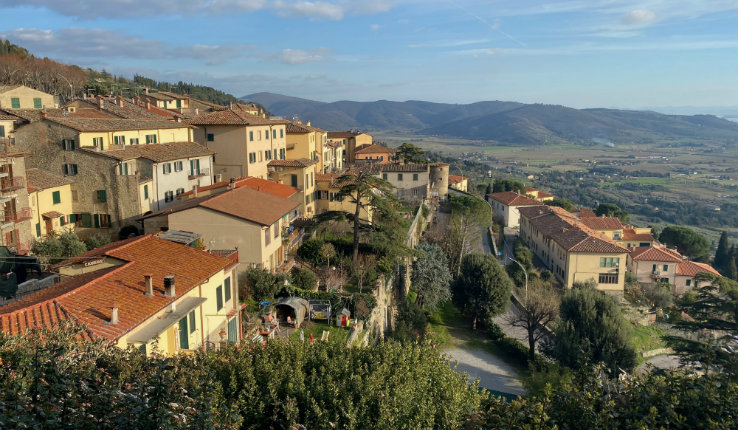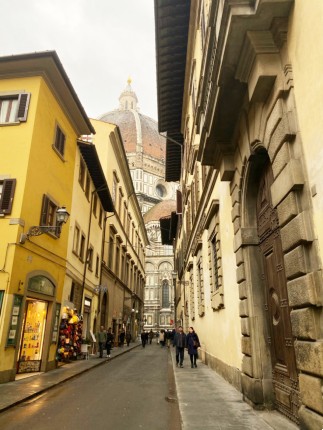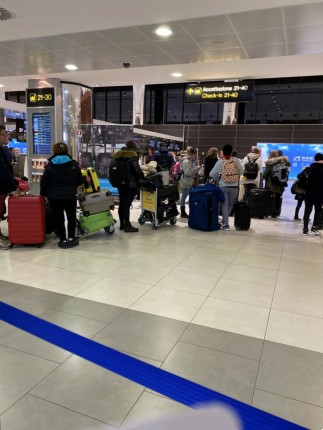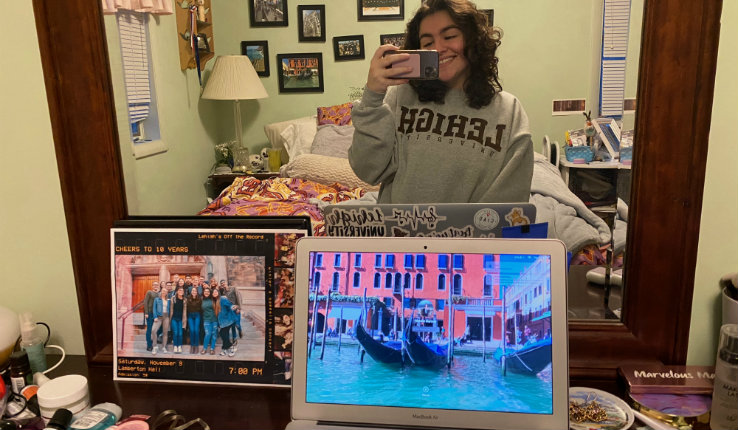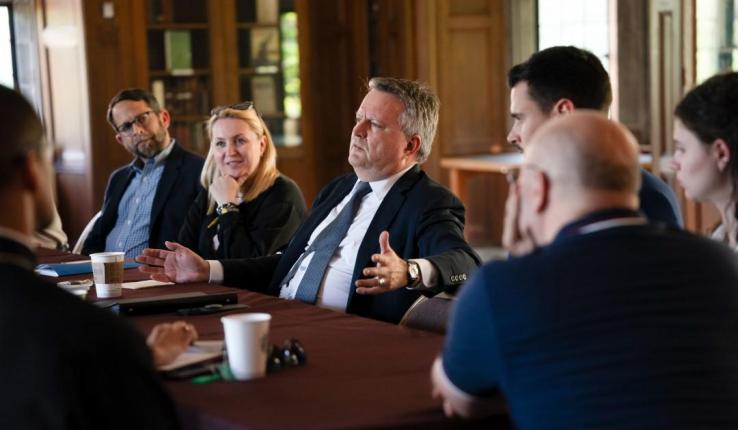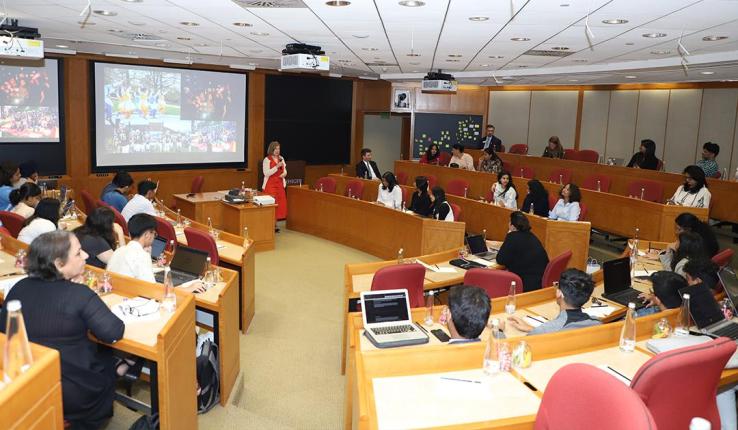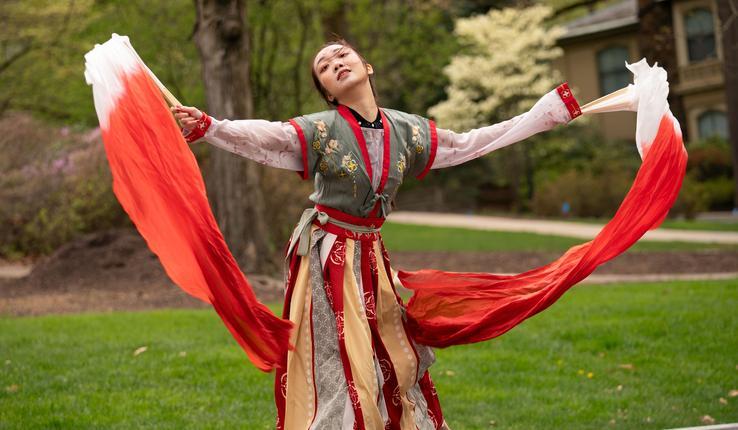“When I started, I hoped this [pandemic] would all be over and we'd all be back out and about and saying, ‘Here’s what it looked like from beginning to end,’” Rodriguez says. “The challenging thing about this, that students experienced and we are all experiencing, is that there's not a definite end point. It’s much harder in some ways than a ‘quick’ emergency we can attach a narrative around.”
By the end of the course, however, Margolis came to cherish the calm amid the turmoil.
“When else am I going to have … months to just breathe and just sit with myself, no responsibilities, no grades I need to look for, no expectations I need to look up to? … The world keeps turning, the waves keep on crashing, the babies are still being made, and one day my life will return to the hecticness it once was, so, for now, I am very okay counting my blessings and cursing COVID for all it has taken away, and secretly thanking it for all it has given me.”
Stoller, too, began to come to terms with the new normal.
“Denmark is starting to reopen. Kids are back in school and people are going back to work. I am ecstatic and excited for them, but most of all I am jealous. Despite pinging feelings of nostalgia and as much as I wish I could be living out March-Me’s predictions for April, I am prepared to sit this one out. I’ve learned that taking things by day, week and month are the only way to get through this mess. I’m over, so over it, but I also understand I can’t do anything about it.


